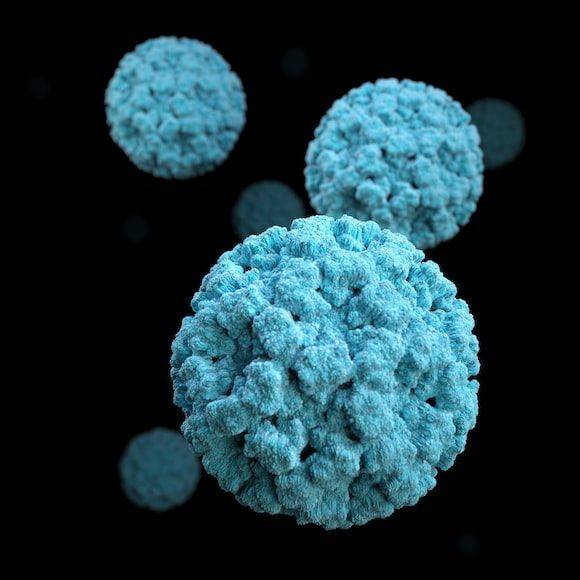
宝宝拉稀怎么办?应该如何调整宝宝的饮食?
作者:中华健康网 时间:2023-09-06 10:20 阅读:8914
Title: How to Manage Baby's Diarrhea? Tips for Adjusting Baby's Diet
Introduction:Babies commonly experience bouts of diarrhea, which can be concerning for parents. Diarrhea in infants can be caused by a variety of factors, including changes in diet, infections, or underlying health conditions. As caregivers, it is crucial to understand how to manage diarrhea and adjust the baby's diet during this period. This article provides helpful tips and guidelines to handle baby's diarrhea and make necessary dietary adjustments for their well-being.
I. Recognizing and Monitoring Diarrhea Symptoms:- Diarrhea is defined as frequent and loose bowel movements, often accompanied by watery stool.- Keep track of the number of bowel movements and their consistency to monitor the severity.- Look for additional symptoms such as fever, vomiting, irritability, as they may indicate an underlying illness.
II. Hydration is Key:- Diarrhea leads to fluid loss through loose stools, which can quickly dehydrate infants.- Breastmilk or formula feeding should be continued to prevent dehydration and maintain nutrient intake.- Offer smaller and more frequent feedings, ensuring the baby is adequately hydrated.
III. Adjusting Baby's Diet during Diarrhea:1. Breastfeeding:- Breast milk contains essential nutrients, antibodies, and probiotics that aid in healing the digestive system.- Continue breastfeeding as usual and try to nurse more frequently to increase hydration and immunity.
2. Formula Feeding: - If your baby is typically formula-fed, consult a pediatrician about the right type of formula to use during diarrhea. - Switch to a lactose-free or hydrolyzed formula to ease digestion and reduce symptoms. - Ensure bottles and nipples are thoroughly cleaned to minimize the risk of contamination.
3. Introducing Solid Foods: - If your baby has started solid foods, temporarily suspend the introduction of new foods during diarrhea. - Stick to simple and easily digestible foods like rice cereal, strained bananas, and applesauce. - Avoid foods high in fiber, such as whole grains, until the diarrhea has resolved.
4. Offer Rehydration Solutions: - Oral rehydration solutions (ORS) are beneficial in replacing lost fluids and electrolytes. - These solutions can be purchased over-the-counter or made at home using water, sugar, and a small amount of salt. - Use a dropper to administer the solution in small amounts frequently, especially if breastfeeding is not sufficient.
IV. Probiotics for Gut Health:- Probiotics are beneficial bacteria that aid in restoring a healthy balance in the gut.- Consult a pediatrician about the appropriate probiotic supplement for your baby's age.- Probiotics can be found in specific brands of formula or given in powder or liquid form.
V. When to Seek Medical Attention:- If the baby's diarrhea lasts longer than 24 hours or becomes increasingly severe, seek medical advice.- Seek immediate medical attention if your baby shows signs of dehydration, such as dry mouth, absence of tears, and a sunken fontanelle.
Conclusion:Dealing with baby's diarrhea can be worrisome for parents, but by recognizing the symptoms and adjusting the baby's diet, it is possible to effectively manage the condition. Remember to prioritize hydration, continue breastfeeding or formula feeding, and introduce easy-to-digest foods. Probiotics and oral rehydration solutions can play a vital role in restoring gut health and preventing dehydration. If symptoms persist or worsen, seeking medical attention is crucial to ensure the baby receives appropriate care.
